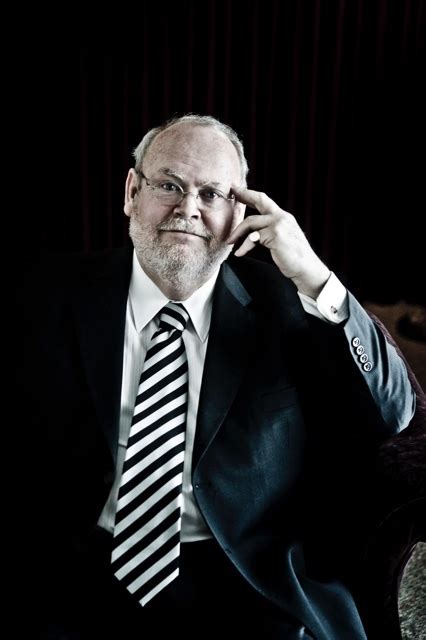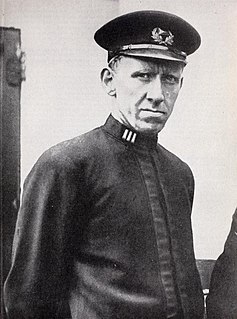Top 1200 Deep Grief Quotes & Sayings - Page 2
Explore popular Deep Grief quotes.
Last updated on November 18, 2024.
I began to know my story then. Like everybody's, it was going to be the story of living in the absence of the dead. What is the thread that holds it all together? Grief, I thought for a while. And grief is there sure enough, just about all the way through. From the time I was a girl I have never been far from it. But grief is not a force and has no power to hold. You only bear it. Love is what carries you, for it is always there, even in the dark, or most in the dark, but shining out at times like gold stitches in a piece of embroidery.
I think grief is a huge subject; it's one of the things that everybody is going to confront in one way or another. There's been a lot of books written about how Americans have an odd way of trying to defer grief or minimize the need to grieve. People used to have a lot more ritual grief in their lives. For the most part, we think of it as a strictly temporal process: you grieve for a time and then you're over [it], but it's also a spatial process. It travels across a map.
Television has never known what to do with grief, which resists narrative: the dramas of grief are largely internal - for the bereaved, it is a chaotic, intense, episodic period, but the chaos is by and large subterranean, and easily appears static to the friendly onlooker who has absorbed the fact of loss and moved on.
Another misconception is that if we truly loved someone, we will never finish with our grief, as if continued sorrow is a testimonial to our love. But true love does not need grief to support its truth. Love can last in a healthy and meaningful way, once our grief is dispelled. We can honor our dead more by the quality of our continued living than by our constantly remembering the past.
And that's where I think vulnerability comes in - the fact that we're figuring out that there is strength in actually being vulnerable to one another, there is strength to letting go of grief, or at least processing grief more helpfully than we've necessary seen, particularly in these corseted upper class dramas before.
Grief does not seem to me to be a choice. Whether or not you think grief has value, you will lose what matters to you. The world will break your heart. So I think we’d better look at what grief might offer us. It’s like what Rilke says about self-doubt: it is not going to go away, and therefore you need to think about how it might become your ally.
There are acacias, a graceful species amusingly devitalized by sentimentality, this kind drooping its leaves with the grace of a young widow bowed in controllable grief, this one obscuring them with a smooth silver as of placid tears. They please, like the minor French novelists of the eighteenth century, by suggesting a universe in which nothing cuts deep.
Music isn't just a pleasure, a transient satisfaction. It's a need, a deep hunger; and when the music is right, it's joy. Love. A foretaste of heaven. A comfort in grief. Is it too much to think that perhaps God speaks to us sometimes through music? How, then, could I be so ungrateful as to refuse the message?
Whether we experience it or not, grief accompanies all the major changes in our lives. When we realize that we have grieved before and recovered, we see that we may recover this time as well. It is more natural to recover than to halt in the tracks of grief forever. Our expectations, willingness and beliefs are all essential to our recovery from grief. It is right to expect to recover, no matter how great the loss. Recovery is the normal way .
"Oh, when we are journeying through the murky night and the dark woods of affliction and sorrow, it is something to find here and there a spray broken, or a leafy stem bent down with the tread of His foot and the brush of His hand as He passed; and to remember that the path He trod He has hallowed, and thus to find lingering fragrance and hidden strength in the remembrance of Him as "in all points tempted like as we are," bearing grief for us, bearing grief with us, bearing grief like us."
Deep grief sometimes is almost like a specific location, a coordinate on a map of time. When you are standing in that forest of sorrow, you cannot imagine that you could ever find your way to a better place. But if someone can assure you that they themselves have stood in that same place, and now have moved on, sometimes this will bring hope
You cannot die of grief, though it feels as if you can. A heart does not actually break, though sometimes your chest aches as if it is breaking. Grief dims with time. It is the way of things. There comes a day when you smile again, and you feel like a traitor. How dare I feel happy. How dare I be glad in a world where my father is no more. And then you cry fresh tears, because you do not miss him as much as you once did, and giving up your grief is another kind of death.





















































